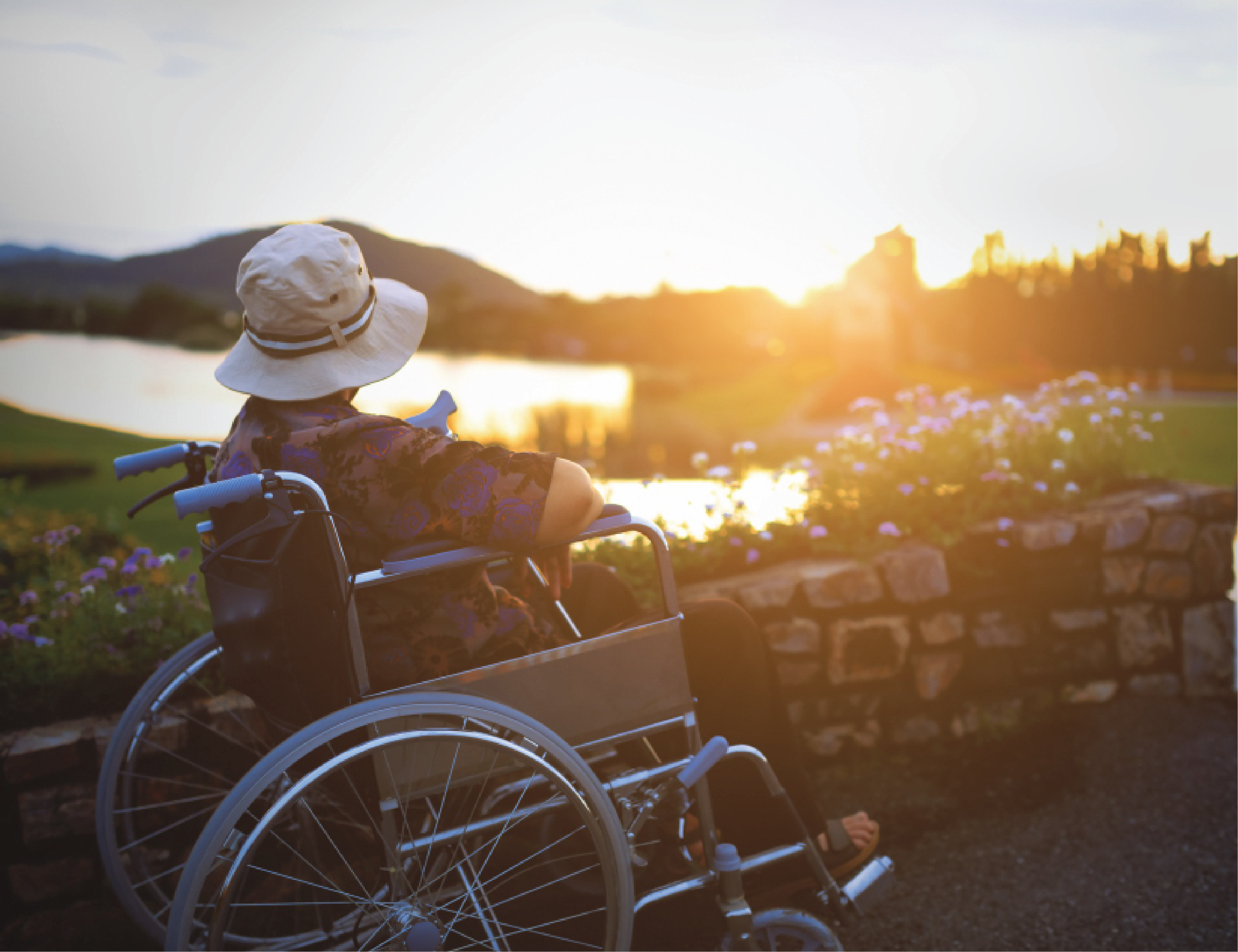Case Study
Accredited certification in Italy promoting accessibility in tourism and sports
Summary
Ensuring that all users have access to tourist services, establishments, and sports facilities while preserving their autonomy and safety is an objective of sustainable social development. Accreditation can help achieve this goal.
Background
Promoting and facilitating accessibility for disabled people, who currently exceed 5% of the Italian population, is of fundamental importance for the social growth of a country.
To achieve this objective, accredited certification – issued by bodies verified by Accredia, the Italian accreditation body, for competence and independence – can serve as a strategic tool, working in synergy with technical standardization.
Conformity assessment in compliance with technical standards can confirm that hotel, tourist and sports facilities comply with accessibility requirements. It provides an opportunity for companies to benefit from tax incentives offered by the National Recovery and Resilience Plan, and a concrete step towards a society that prioritizes the most vulnerable and their right to self-sufficiency.
Businesses that decide to invest in the adaptation of their structures through accredited certification can access the fund allocated by Budget Law 234/2021, intended for implementing measures for improving tourist accessibility.
Strategy
To encourage the adoption of accredited certification, the Ministry of Tourism has published a public notice for the establishment of a list of accredited bodies that perform certification according to the UNI ISO 21902:2022 (accessible tourism for all), UNI CEI EN 17210:2021 (accessibility and usability of the built environment) and UNI/PdR 92:2020 (accessibility of bathing establishments) standards.
Hotels, non-hotel establishments, spas, bathing establishments and sports facilities can therefore turn to the accredited bodies to verify the requirements necessary to obtain certification, the maintenance of the requirements possessed, for corrective actions, or the renewal of certifications.
The latest regulatory innovation, to certify the accessibility of the services of accommodation facilities and sports facilities, is the Reference Practice UNI/PdR 131:2023. With a highly practical approach, this Practice focuses on accredited certification as a tool for differentiation and competitiveness. The Practice was developed by UNI, the Italian standardization body, with the collaboration of Accredia, the Ministry of Tourism and the Ministry of Disabilities. It provides operators in the tourist sectors with the minimum requirements to demonstrate the accessibility of services offered in relation to the built environment, internal transport, urban and rural spaces, and recreational activities; as well as food & beverage, accommodation facilities and the MICE (Meetings, Incentives, Conferences and Exhibitions) sector, sports facilities, and beach establishments.
Results and impact
The main objectives are:
– To guarantee that people with reduced or impaired motor or sensory abilities can move freely, safely and independently.
– To provide a highly practical approach, oriented towards accredited certification, which can be a powerful tool for differentiation and therefore competitiveness for public and private organizations operating in the tourism and sports sector.
Tourism can be a powerful tool for reducing inequalities if it involves local populations and all key actors in its development. Tourism contributes to urban regeneration and rural development, allows people the opportunity to thrive in their place of origin, and reduces depopulation. Tourism is an effective means for economic integration and diversification.
Contact
Accredia – The Italian Accreditation Body
External Relations
comunicazione@accredia.it







